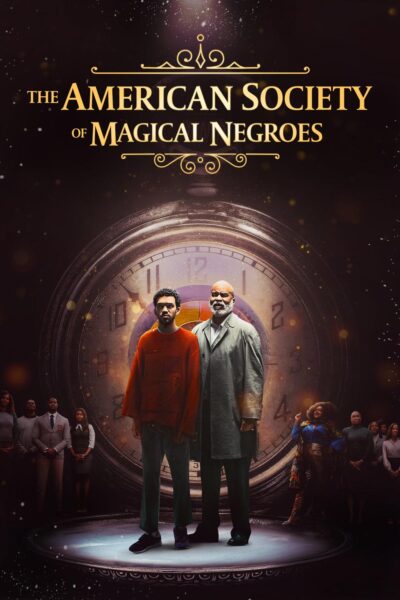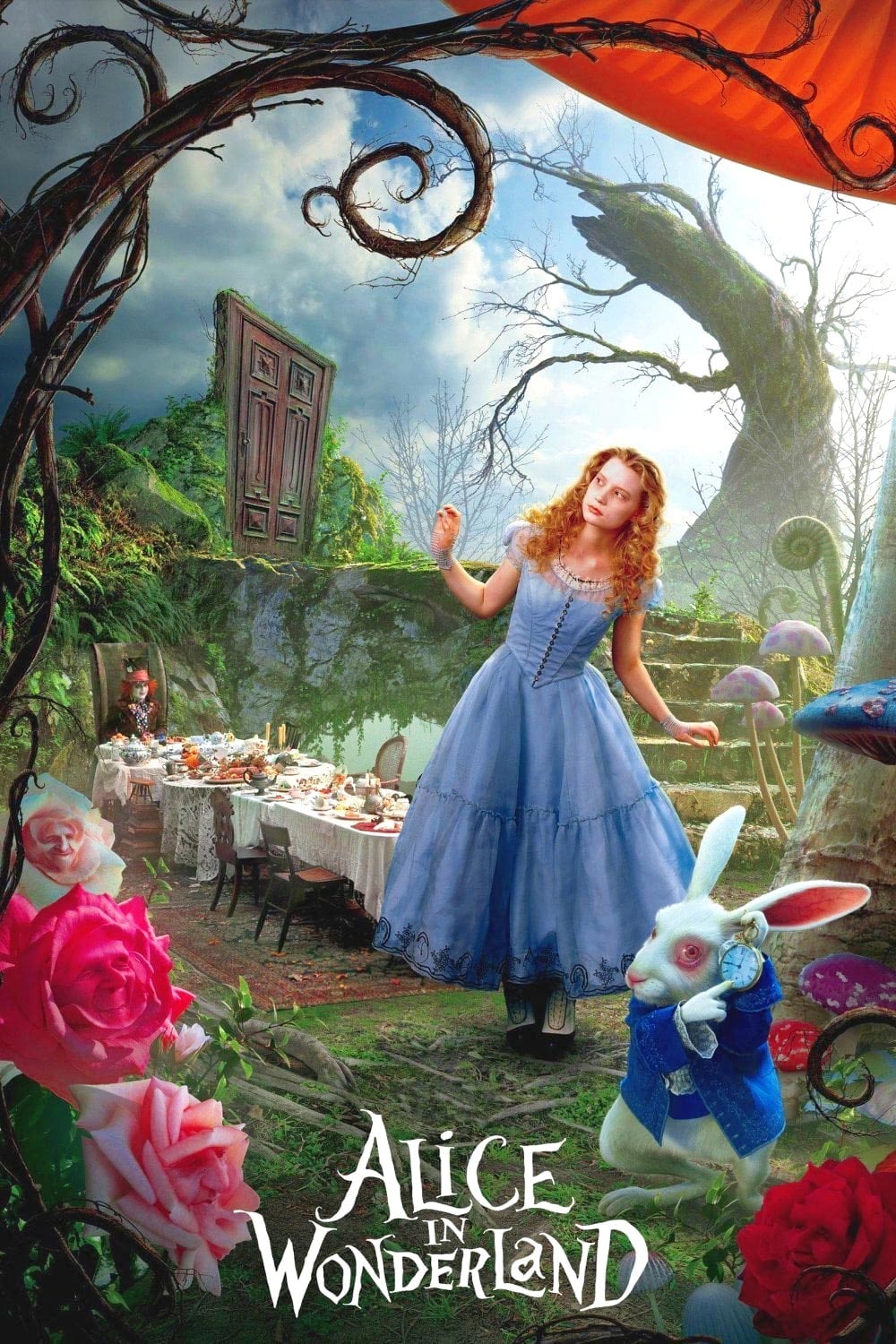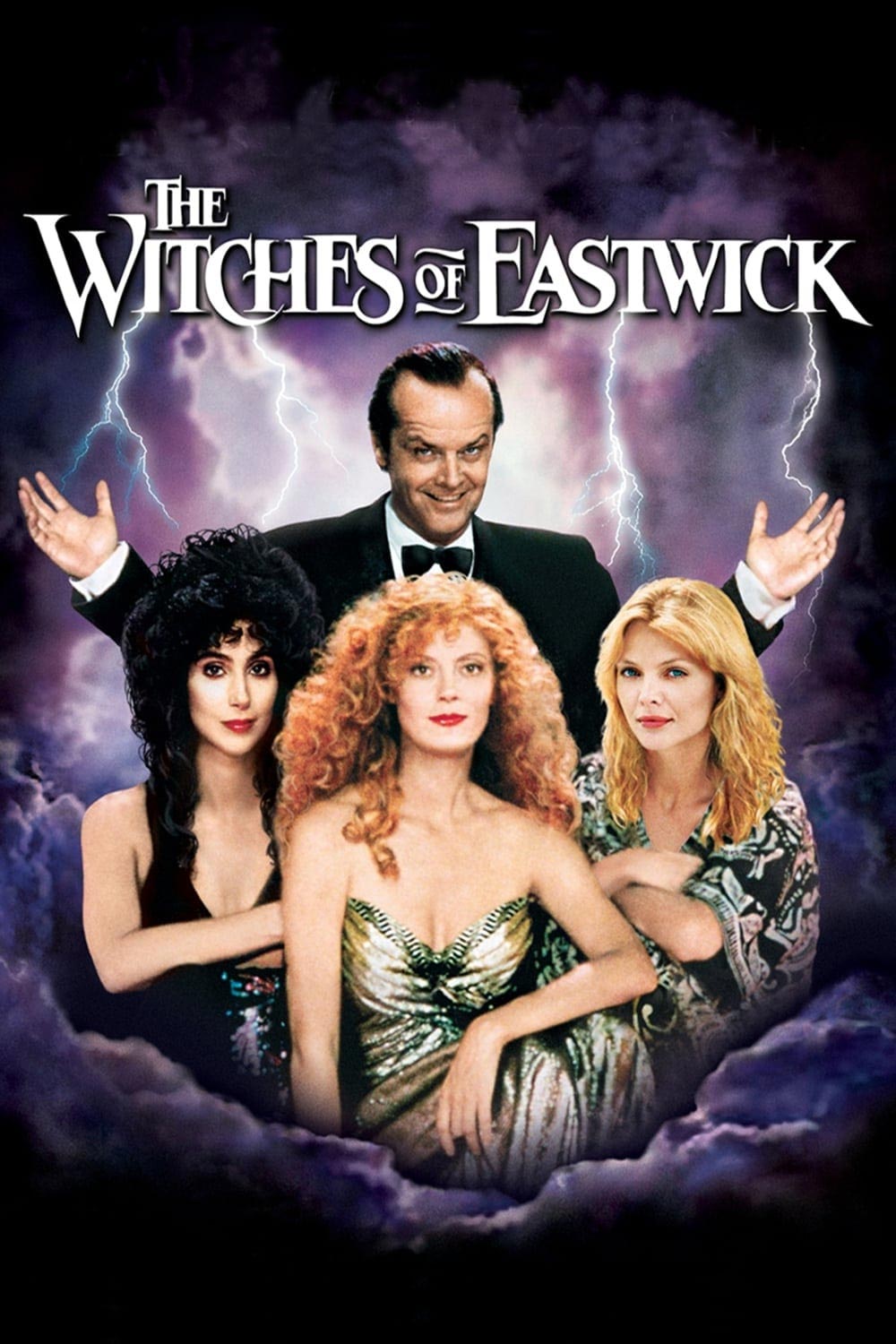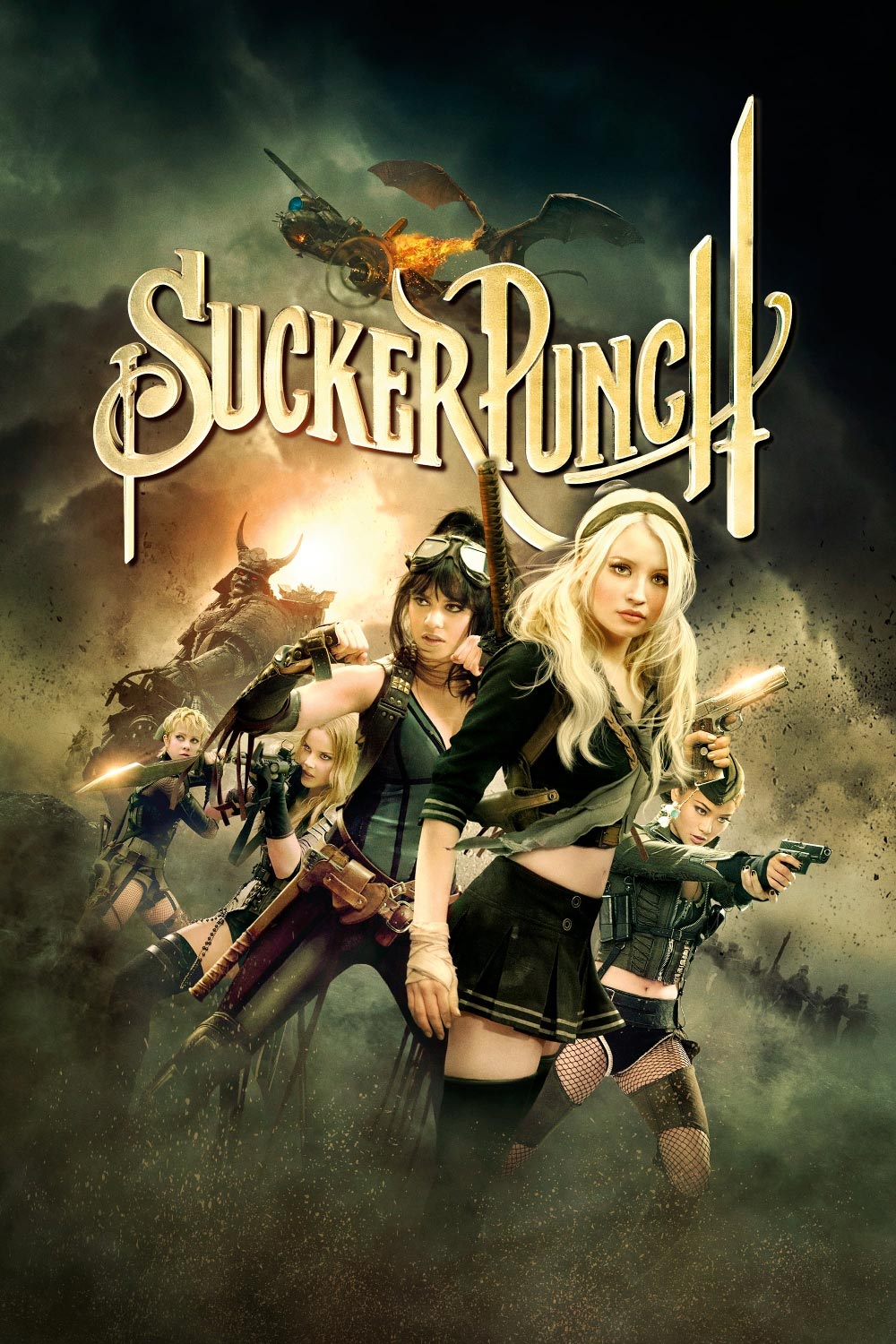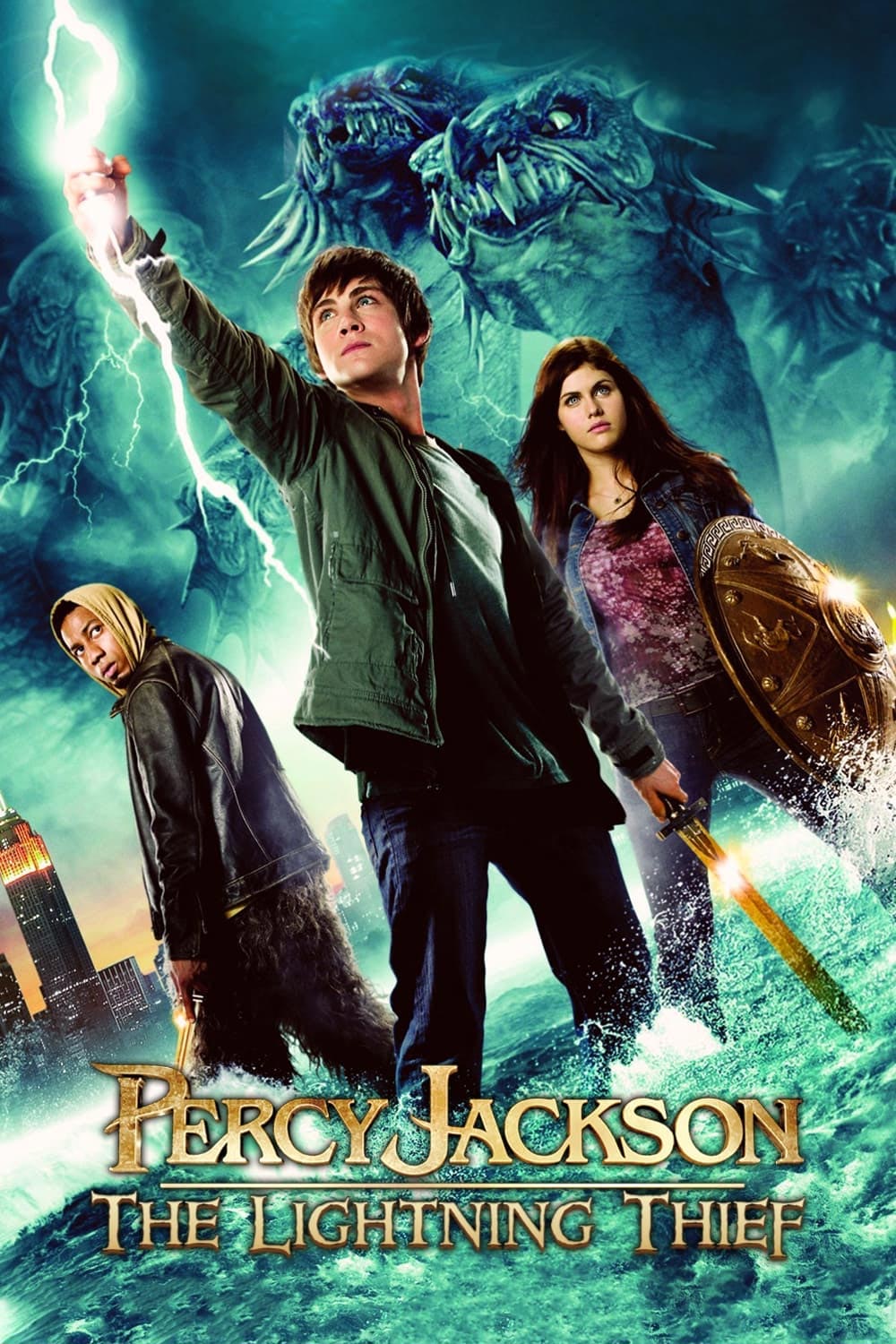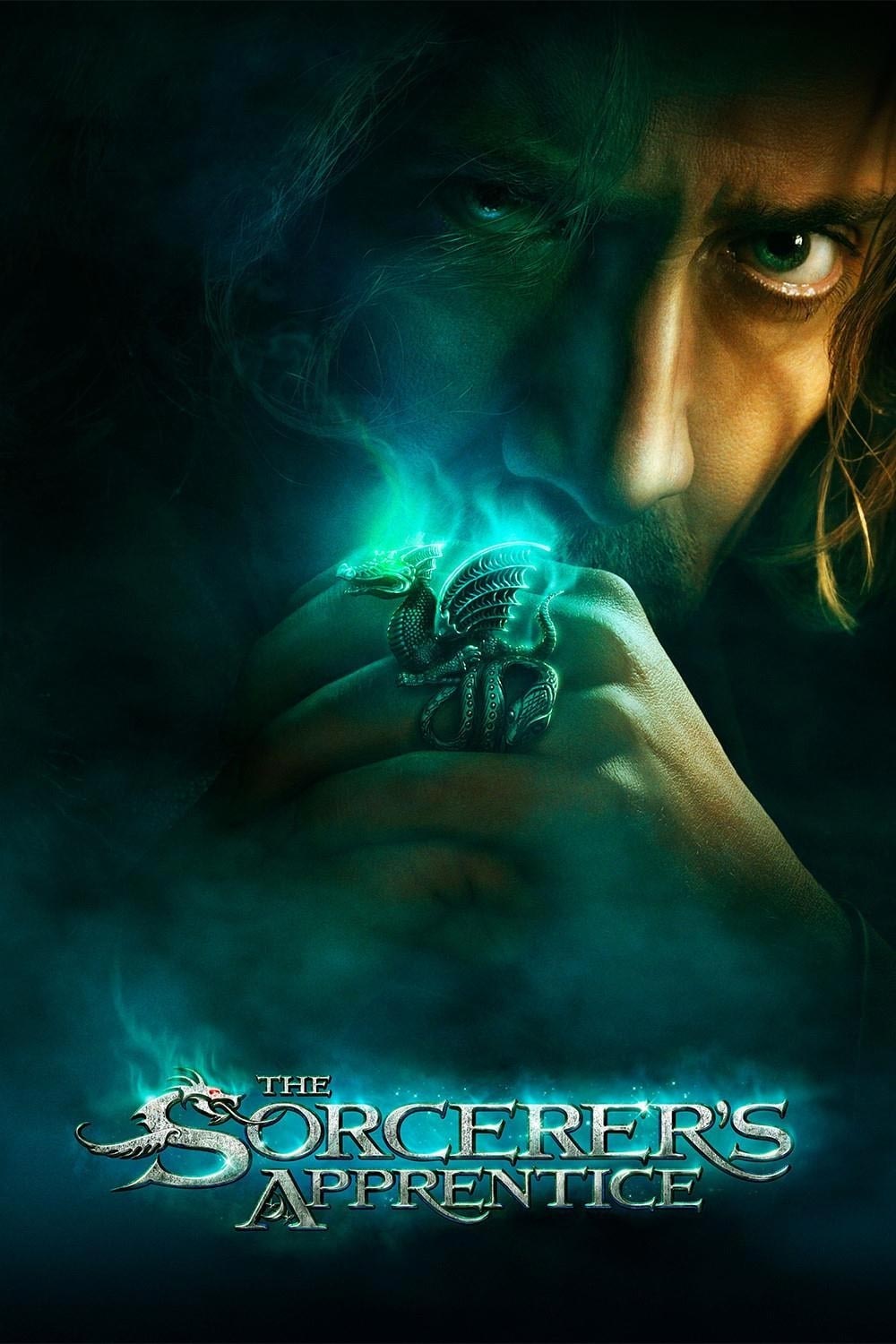Published on
The Magical Negro trope is a recurring literary and cinematic convention where black characters possess supernatural or mystical abilities, often serving as mentors or catalysts for the development of white protagonists. While some view it as a means of highlighting the wisdom and insight within marginalized communities, others criticize it for perpetuating stereotypes and relegating black characters to subservient roles in narratives primarily focused on white experiences. This trope serves as the basis for “The American Society of Magical Negroes”, which is probably the most problematic movie you will see this year.
Aren (Justice Smith), a young biracial African-American artist, faces rejection at an art gallery and mistaken identity as a waiter, prompting empathy from bartender Roger (David Alan Grier). He introduces Aren to The American Society of Magical Negroes, a group aiming to safeguard African Americans by appeasing white individuals with the aid of magic. Aren is eager to enlist and his first job is at Meetbox, a social media platform, where he’s assigned to reassure Jason, a depressed white colleague. Things get complicated when Aren develops romantic feelings for his colleague Lizzie (An-Li Bogan), but he has to set his own feelings aside and set her up with Jason who has also taken a liking to her.
“The American Society of Magical Negroes” tantalizes us with the premise of a Harry Potter-esque magical realm populated by Magical Negroes instead of wizards. It’s a concept that teeters on the edge of risqué, promising a wild ride if executed well. However, what unfolds on screen is a lackluster romantic comedy devoid of genuine romance or comedic charm. The leads lack any discernible chemistry, leaving the audience adrift in a sea of mediocrity. Worse yet, the film fails to deliver any meaningful commentary on the plight of black Americans, instead stumbling into the realm of racial insensitivity without purpose.
Remember the enchantment of the first Harry Potter movie? It set the template for introducing us to a magical world with tantalizing glimpses and teases, from the bustling train station to the mystical journey to Hogwarts. Audiences were entranced by the unfolding wonder, but “The American Society of Magical Negroes” fails to deliver on this promise. Instead of a vibrant world brimming with magic, we’re confined to dimly lit rooms where characters receive instructions and tutorials via lackluster holograms. The magic is disappointingly minimal; the most these Magical Negroes muster is teleportation or conjuring mundane objects out of thin air. Even these feats are rendered mundane, limited to summoning a purse or a desktop computer when the situation demands it.
In my view, a movie like this can only succeed on one of two levels: either as a full-blown spoof, akin to the Walk Hard equivalent of Magical Negro films, or as a truly fantastical journey that crafts a world as intricate as Harry Potter or Lord of the Rings. However, “The American Society of Magical Negroes” appears to rely solely on its eyebrow-raising title to carry the weight. I’m left wondering if the title will undergo a transformation in the future, similar to other films like “Boss Nigger“, which is now often titled simply “Boss” or “The Black Bounty Killer”.
But what truly seals the fate of this already lackluster film is its blatant racism. Some may argue that white people can’t be victims of racism or discrimination because they predominantly occupy positions of power. However, the simple truth is that the moment you judge someone based on their skin color, you’re engaging in racist behavior. When you restrict someone from using a certain word solely because of their skin color, you’re discriminating against them.
All the white characters in this movie are portrayed as self-centered assholes. Jason, the main white character, comes across as a whiny individual who seems incapable of accomplishing anything without the assistance of his own Magical Negro. His rise to head of the design department remains a mystery, with the film implying that his success is solely due to his race. When Lizzie, a character of color, creates a new logo for the company, Jason’s white boss insists he present it due to his supposed charisma. She embodies the stereotype of a corporate shark, constantly striving to climb the ladder. The final white character, the CEO of Meetbox, epitomizes the tech CEO archetype—a fusion of Mark Zuckerberg and Elon Musk, a typical white douchebag. They all embody this stereotype, and it’s left to Aren, as a person of color, to call them out on their behavior.
If this movie were race-swapped, the black community would likely express outrage over the negative portrayal of black individuals. However, since discrimination against white people is often dismissed or ignored, only right-winged race-baiters would likely make any noise about it. This double standard highlights the societal tendency to overlook or downplay racism directed towards white individuals, while hypersensitively addressing racism against other ethnicities.
“The American Society of Magical Negroes” is simply a dull and uninspired film with no redeeming qualities. Its only intriguing aspect lies in how it will be viewed in 20-30 years from now. I’m certain there will be individuals dissecting this movie in the same manner as the 1986 comedy Soul Man is scrutinized today. Despite Soul Man’s offensive use of blackface, it ironically emerges as a superior film compared to this one.

